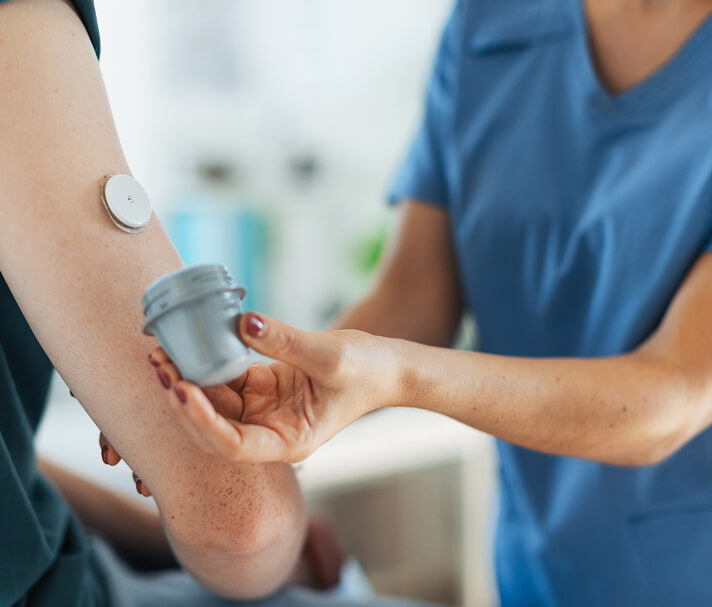Introduction
Australia has one of the highest rates of skin cancer in the world, with prolonged sun exposure and high UV radiation levels significantly increasing the risk. Regular skin checks are essential for early detection, ensuring prompt treatment and reducing the risk of severe complications. Understanding the importance of skin health and taking preventive measures can save lives.
What is Skin Cancer?
Skin cancer occurs when skin cells grow uncontrollably due to DNA damage, often caused by excessive UV exposure. The three main types of skin cancer are:
Impact of Skin Cancer in Australia
Skin cancer is a major public health concern in Australia, with over 2,000 deaths annually. Key statistics highlight the severity of the issue:
Early detection significantly improves survival rates, and regular skin checks play a crucial role in reducing mortality. Importance of Regular Skin Checks Routine skin checks can identify suspicious changes in moles or lesions early, preventing the progression of skin cancer. Key benefits include:
Signs and Symptoms to Watch For
It’s essential to monitor any changes in your skin, particularly new or evolving moles. The ABCDE rule can help identify melanoma:
If you notice any of these signs, seek medical attention immediately.
How Primary Care and Dermatologists Help
General practitioners (GPs) and dermatologists play a key role in skin cancer detection and management. They provide:
Preventing Skin Cancer
Prevention is the best approach to reducing skin cancer risk. Follow these sun safety measures:
Conclusion
Skin cancer is a serious but preventable health issue in Australia. Regular skin checks, sun safety practices, and early detection can significantly reduce the risk and impact of skin cancer. If you notice any skin changes, consult a healthcare professional promptly for assessment and care. Prioritising skin health today can lead to a healthier future.



 Repeat Scripts
Repeat Scripts